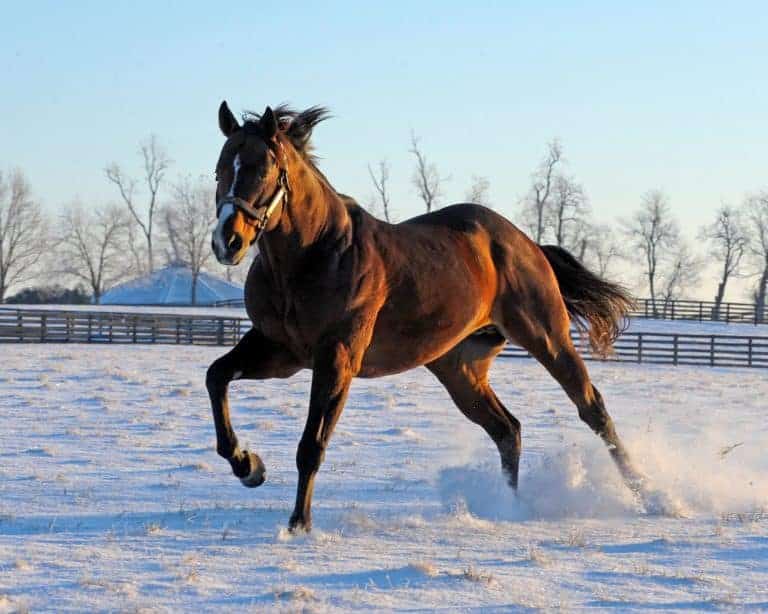West Nile Virus In 31 States and D.C. in 2002
West Nile virus (WNV) has continued its advance across the United States, appearing for the first time in 2002 where it has visited in previous years, and making its debut in other states untouched by the virus before 2002. In all, 31 states and















